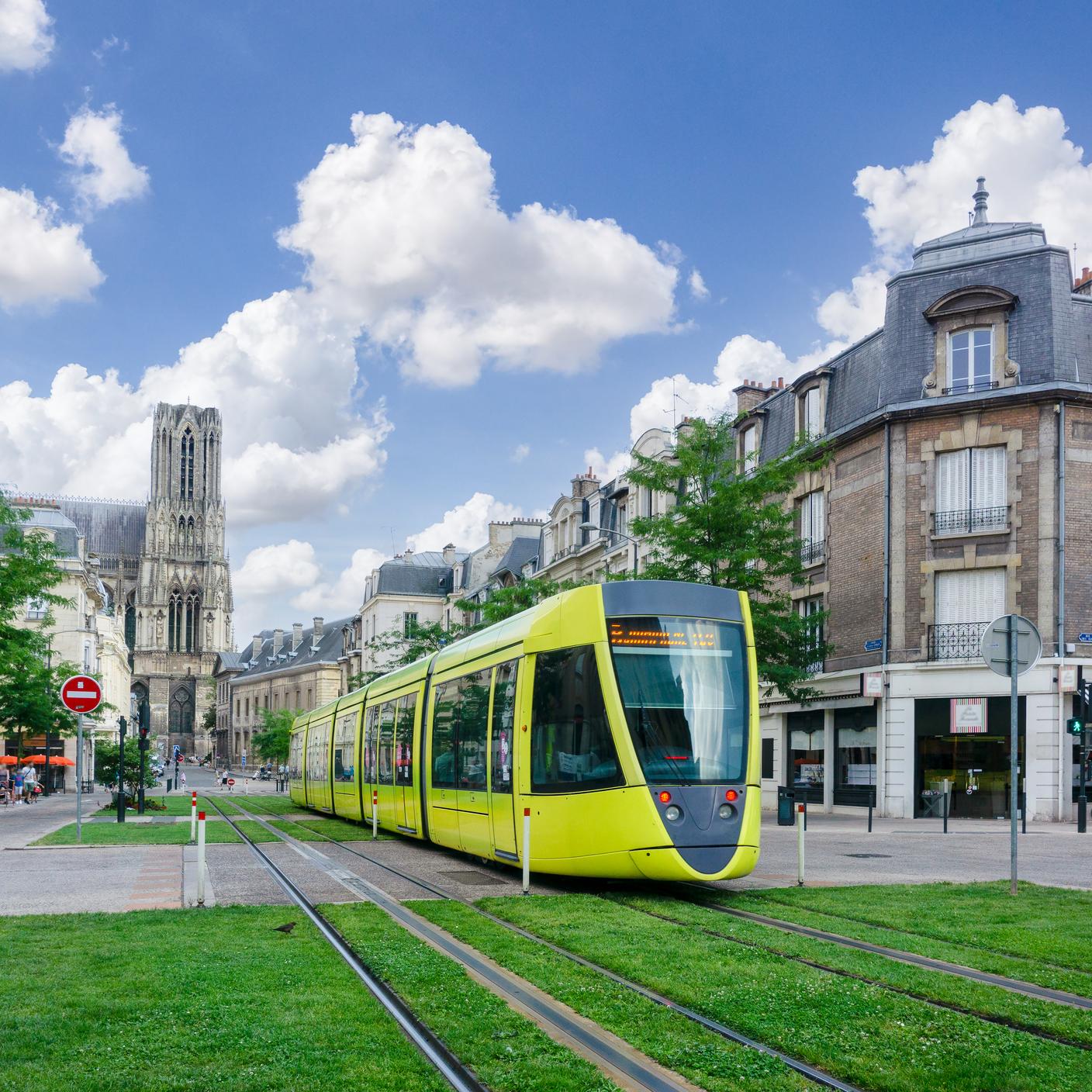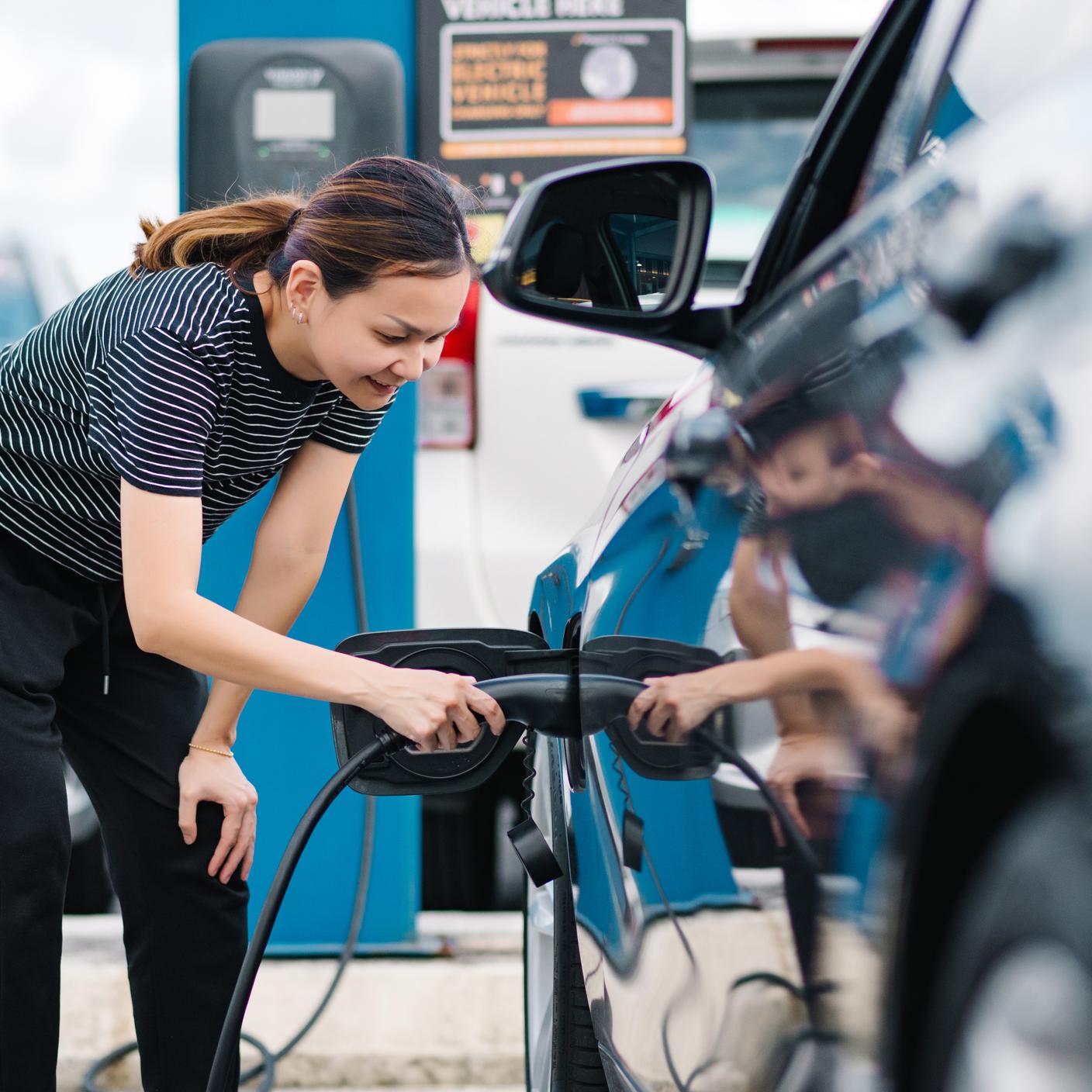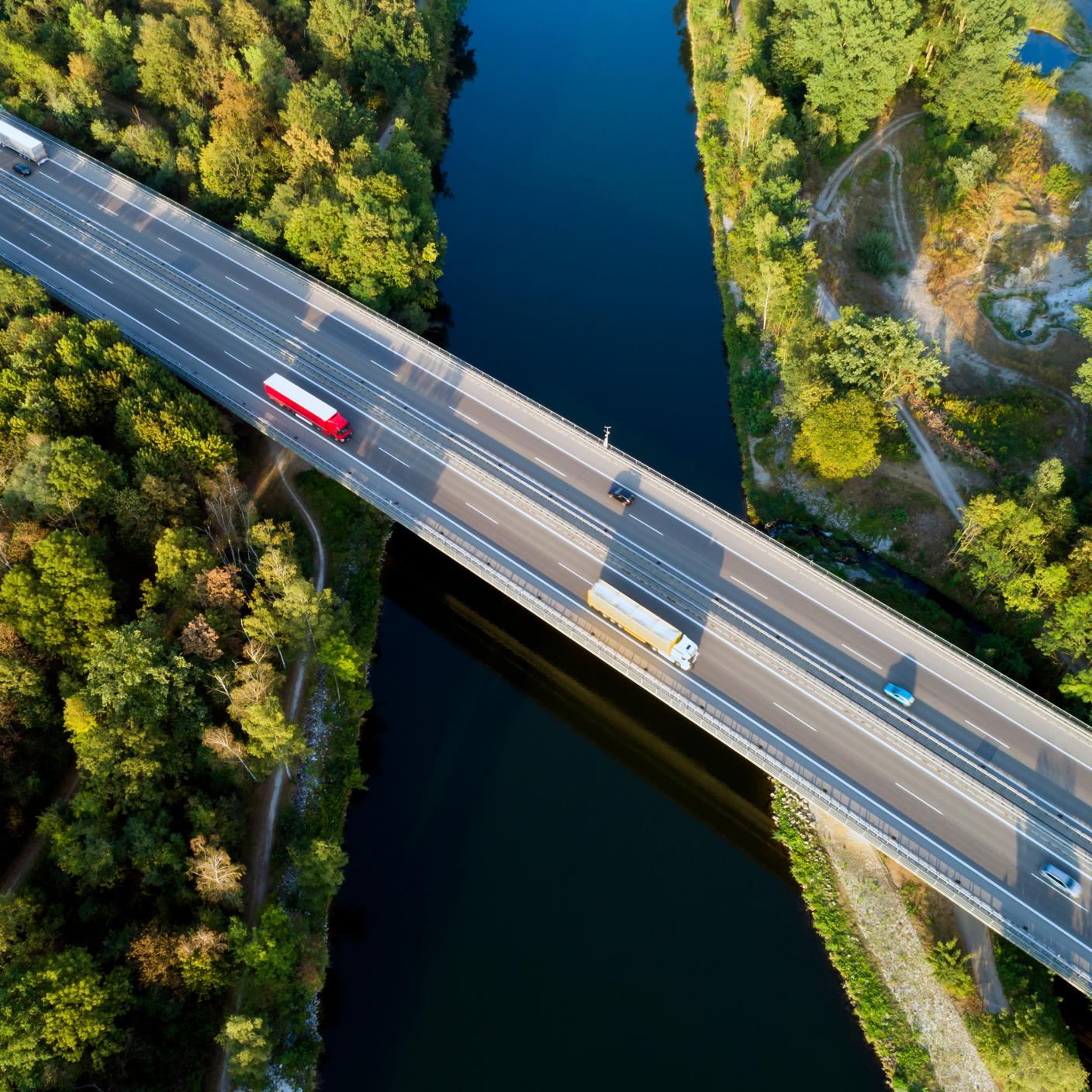Around the world, countries are pledging to switch to low-carbon energy, driven by scarce natural resources and a closing window to tackle climate change.
This global commitment has been spotlighted by the International Renewable Energy Agency (IRENA), reporting at least USD 95 trillion of energy investments planned worldwide before 2050.
Organizations that adopt game-changing technology have an opportunity to reap the greatest social, economic, and environmental rewards whilst maintaining a competitive edge.
So, what is the best route to decarbonization in the transport and energy sectors? And, what are the barriers that stand in the way?
Creating a future-forward energy grid
To ensure future readiness of the energy grid, flexibility is key. As demand for power increases and more renewable energy enters the grid, there is a necessity to utilise energy capacity efficiently. A flexible system can effectively manage energy production and consumption in real-time, ensuring a consistent supply.
By leveraging consumer habits and patterns, moving from a centralized, top-down power grid to a smarter, flexible, digitized energy system can be achieved. Local energy generation can be matched with local consumption with excess energy directed back to the grid for wider use.
Additionally, by implementing connected, intelligent digital technologies offer a means to monitor and regulate the energy network. As we enter the era of Industry 4.0, characterized by data exchange and automation, artificial intelligence systems can identify opportunities for optimizing electricity generation and stabilizing the grid.
In some countries, including the United Kingdom (UK), there is a growing use of electric vehicles (EVs) directly linking electricity supply to smarter transport.
Decarbonizing the transport system
The UK government has ambitious targets to reduce emissions as part of its net zero target by 2050. Currently, transport is the greatest contributor to greenhouse gas emissions (GHGs).
Exploring potential approaches to reducing carbon emissions in road freight is essential. Among the options considered are electric battery, hydrogen fuel cell, and electric road systems (ERS). Standards have a vital role to play by offering well-defined industry guidance for adopting these technologies, ensuring their safety and credibility.
Given the present scenario, EV drivers express worries regarding expenses, charging facility availability, and vehicle range. Acknowledging that consumer confidence significantly drives behavioural shifts, our primary focus in standard development programs is now directed towards creating interoperable charging networks, stations, and network software.
This effort aims to enhance consumer confidence and address these concerns.
Standards provide critical support in the transition to net zero
Energy flexibility is a key focus of government policy in the net zero transition, and energy smart appliances (ESAs) – flexible and responsive to evolving energy needs – are a key tool to support it.
The Department for Energy Security and Net Zero (DESNZ) and the Office for Zero Emission Vehicles (OZEV) facilitate the uptake of safe, secure, and interoperable ESAs, standardizing the approach to demand-response technology.
In the uncharted waters of the climate emergency, standards can give policymakers and innovators a sure foundation. Using the knowledge of key experts and stakeholders to create standards can help energy organizations to integrate better with each other.
Working with key stakeholders
The energy sector is stepping into a dynamic phase with a strong need for adaptable and eco-friendly energy options. Our role in setting standards has been pivotal, including collaborations with government and industry on electric vehicle batteries.
Take the UK's Faraday Battery Challenge as a prime instance – it's driving advancements in battery research and supply chains. Additionally, we're delving into the potential of hydrogen to replace natural gas in household appliances.
The question now isn't whether we'll shift to a low-carbon economy, but rather when and how we'll smoothly navigate this transition. Are you looking to join the journey? We're here to guide you, every step of the way.





